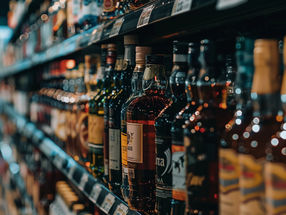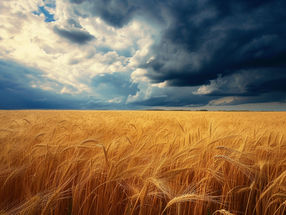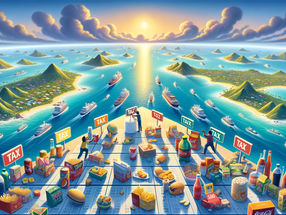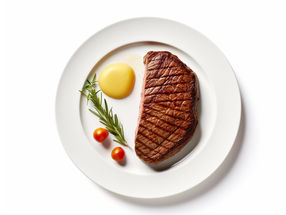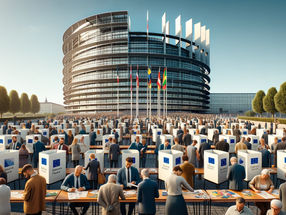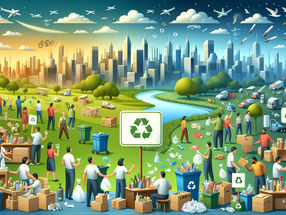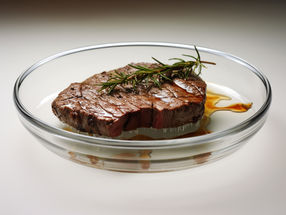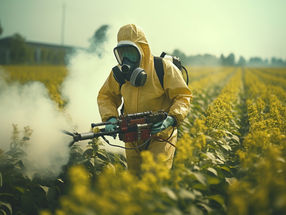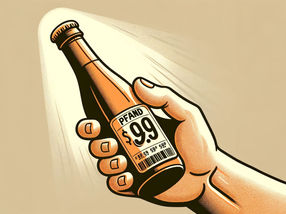EU aquaculture stagnates despite extensive funding
1 billion euros will be spent over seven years to support fish and seafood farming.
The European framework for promoting sustainable aquaculture in EU countries has been improved, but the significant increase in funding has not produced concrete results. According to a report published today by the European Court of Auditors, aquaculture in the EU does not seem to be making any progress.
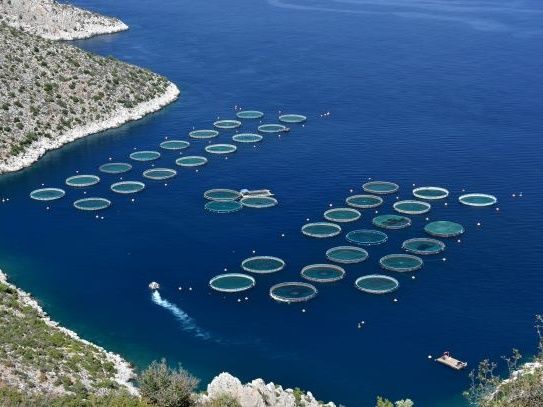
EU aquaculture stagnates despite extensive funding
Europäischer Rechnungshof
Aquaculture is an important element of the EU's so-called blue economy strategy. It contributes to food security and is promoted under the European Green Deal as a source of protein with a comparatively low carbon footprint. With support from the European Maritime and Fisheries Fund (€1.2 billion in the period 2014-2020) and its successor, the European Maritime, Fisheries and Aquaculture Fund (€1 billion in the period 2021-2027), the EU aims to ensure the long-term environmental sustainability of aquaculture while benefiting economically, socially and in terms of employment. However, the results are only gradually becoming visible and cannot yet be reliably measured.
"The EU has strongly supported aquaculture in recent years, as it is an important element of its blue economy strategy. Unfortunately, the hoped-for success has yet to materialize," said Nikolaos Milionis, the Member of the European Court of Auditors responsible for the audit.
The funds allocated to aquaculture alone in 2014-2020 were more than three times the total amount spent in the period 2007-2013. However, neither the European Commission nor the EU countries had proven that such an increase was necessary and the auditors had reason to believe that too much EU money had been put on the table. A large part of it had not been used at all and the EU countries may not be able to spend all available funds by 2023 - because expenditure is only eligible until then. Among other things, this has led to EU countries funding virtually all projects, regardless of the expected contribution to EU aquaculture targets. A more selective approach might have led to better results.
The auditors note that overall aquaculture production in the EU is stagnating despite the €1.2 billion allocated for the 2014-2020 period. In Italy and France, which are among the largest producing countries, the volume has even declined. The socio-economic indicators did not appear promising either. The number of aquaculture businesses is declining, and the number of people employed there fell from around 40,000 to around 35,000 between 2014 and 2020.
The auditors also pointed out weaknesses in the monitoring system. For example, they were unable to find uniform indicators that would have enabled them to assess the environmental sustainability of the industry, although this is one of the main objectives of EU policy. The situation is even worse with the data currently available on what has been achieved with EU funds. This data is neither consistent nor reliable: The results are clearly overstated, values are triple-counted and figures fluctuate depending on the reporting system chosen. As a result, the auditors were unable to determine the contribution of EU funds to the environmental and social sustainability of aquaculture or to its competitiveness.
Note: This article has been translated using a computer system without human intervention. LUMITOS offers these automatic translations to present a wider range of current news. Since this article has been translated with automatic translation, it is possible that it contains errors in vocabulary, syntax or grammar. The original article in German can be found here.
Most read news
Other news from the department politics & laws

Get the food & beverage industry in your inbox
By submitting this form you agree that LUMITOS AG will send you the newsletter(s) selected above by email. Your data will not be passed on to third parties. Your data will be stored and processed in accordance with our data protection regulations. LUMITOS may contact you by email for the purpose of advertising or market and opinion surveys. You can revoke your consent at any time without giving reasons to LUMITOS AG, Ernst-Augustin-Str. 2, 12489 Berlin, Germany or by e-mail at revoke@lumitos.com with effect for the future. In addition, each email contains a link to unsubscribe from the corresponding newsletter.












